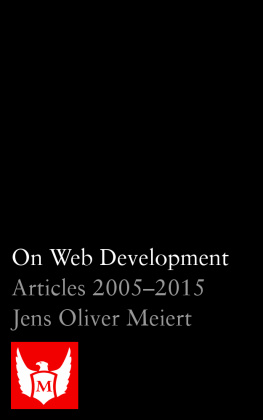Copyright Manchester University Press 2020
While copyright in the volume as a whole is vested in Manchester University Press, copyright in individual chapters belongs to their respective authors, and no chapter may be reproduced wholly or in part without the express permission in writing of both author and publisher.
Published by Manchester University Press
Altrincham Street, Manchester M1 7JA
www.manchesteruniversitypress.co.uk
British Library Cataloguing-in-Publication Data
A catalogue record for this book is available from the British Library
ISBN 978 1 5261 3571 1 hardback
First published 2020
The publisher has no responsibility for the persistence or accuracy of URLs for any external or third-party internet websites referred to in this book, and does not guarantee that any content on such websites is, or will remain, accurate or appropriate.
Cover: A peace symbol on a section of the Berlin Wall, c. 2008 Istock images
Typeset by Newgen Publishing UK
Lucian M. Ashworth is Professor in the Department of Political Science at the Memorial University of Newfoundland.
Roland Bleiker is Professor of International Relations at the University of Queensland.
Brian C. Etheridge is Director of the University Honors Program and Professor of History at Kennesaw State University.
Tobias Heinze holds a masters degree in Political Theory from Goethe-Universitt Frankfurt and Technische Universitt Darmstadt.
Leonie Holthaus is Senior Research Fellow at Technische Universitt Darmstadt.
Richard Ned Lebow is Professor of International Political Theory at Kings College London and Bye-Fellow of Pembroke College, University of Cambridge.
Andreas Osiander teaches International Relations at Humboldt Universitt Berlin.
Paul Petzschmann is Lecturer in European Studies at Carleton College.
Felix Rsch is Associate Professor in International Relations at Coventry University.
Siegfried Schieder is Assistant Professor in International Relations and European Politics at Ruprecht-Karls-Universitt Heidelberg.
Jens Steffek is Professor of Transnational Governance at Technische Universitt Darmstadt.
Annette Weinke is Senior Lecturer in Modern History at Friedrich-Schiller-Universitt Jena.
Roland Bleiker
Germany looms large in international politics, far larger than its size and population would suggest. The Second World War and the battle against Nazi Germany is one of the defining moments of the twentieth century. The Holocaust has become a global symbol of the horror of genocides. The Nuremberg trials were a founding precedent for war crimes tribunals and transitional justice. The Berlin Wall turned into a symbol for both the global ideological confrontation during the Cold War and the successful struggle to overcome it. It is not by accident that US President John F. Kennedys Ich bin ein Berliner speech (1961) was a defining metaphor for international politics at the time. Today, unified Germany is a crucial force of peaceful European integration and economic development. All this and much more took place against the background of a long history of German literary, artistic and scientific achievements. Many of them have shaped International Relations (IR) scholarship, from the writings of Immanuel Kant, Alexander von Humboldt and Karl von Clausewitz to more recent contributions of German migr scholars, such as Hannah Arendt, Albert O. Hirschman and Hans Morgenthau.
This volume offers a compelling and highly sophisticated account of the complexities associated with these changing images of Germany in IR. The volume is characterised not only by its conceptual contribution but also, and primarily, by exceptionally detailed and thorough historical and contemporary case studies.
Germany as a contestable and constantly contested concept
One of the key insights that emerge from the contributions to Prussians, Nazis and Peaceniks: Changing Images of Germany in International Relations is that analysing the political role of Germany is never just about ), US narratives of Germany during the post-war period had a lot to do with Americas understanding of itself: to fit into and support this narrative, certain notions of Germany and Germanness were suppressed, while others were promoted.
Germany, then, is not or at least not only the nation-state we usually perceive it to be. It is and should also be seen as a contestable and constantly contested concept: a political construct that is both contingent and in constant flux. This is as much the case with the evolution of German politics and ideas as it is with how this evolution shaped international perceptions. What we can observe here is a constantly shifting idea that contains numerous dimensions: a nation, a state, a historical legacy, a cultural sphere, an intellectual tradition and much more. These dimensions overlap and shift, and are all part of what Germany is and is seen as. To understand the politics of these contested concepts is one of the core objectives of this book, and the authors manage to bring out the associated complexities and their relevance for understanding both Germany and its role in international relations.
Shifting images of Germany in IR
Shifting images of Germany are evident when we examine how political events and developments in and around Germany shaped international thought. Andreas Osiander (in ) stresses the need to discuss what Germany actually was at different stages of its historical trajectory. Doing so starts with the seemingly straightforward but in reality highly unstable issue of territorial delineation. Borders kept changing, from the creation of a German state during a wave of nineteenth-century nationalism to the expansion under the Third Reich, the subsequent contraction, followed by national division during the Cold War and then re-unification. Some territories, like the Elsass or the Sdtirol, were being moved back and forth between different political-ideological-cultural-linguistic spheres.
) points out, inevitably also lead to mixed reactions and increased anxiety from the international community.
The constructed and constantly shifting concept of Germany becomes even more obvious when we follow Richard Ned Lebow (in ) and look at Germany not just as a political actor but also as a Sprachraum a linguistic and cultural sphere. Where, for instance, should we place the Nobel Prize winner Herta Mller, who grew up in the German-speaking part of Romania, or the Czech writer Franz Kafka, or the Austrian Robert Musil, or the Swiss Max Frisch?
Among the most widely discussed transnational German influences on IR scholarship are those from so-called migr scholars, particularly those who left Nazi Germany for the US. Hans Morgenthau and John H. Herz are widely recognised for their contribution to realist thought; Hannah Arendt marked key discussions in international ethics; Henry Kissinger shaped both the theory and practice of US foreign policy; Albert O. Hirschman was central to the development of international political economy; Gerda Lerner made key contributors to feminist international history; and Karl Deutsch influenced writings on nationalism and security. These are just a few examples and there are many more that are explored in this book, such as Edwin Borchards influence on realism (Jens Steffek and Tobias Heinze in on liberal internationalism and cosmopolitanism; Hegel and Marx on dependency and world system theories; von Clausewitz on strategy and defence; Nietzsche and Heidegger on post-structuralism; and Habermas on critical theory.


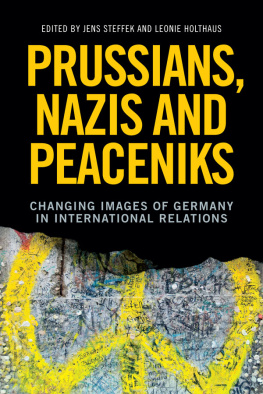
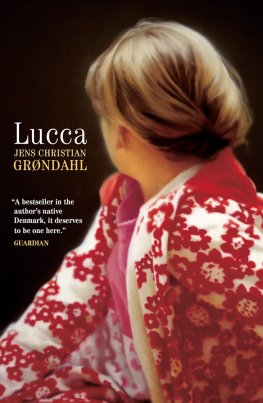

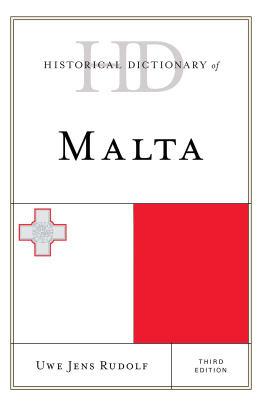
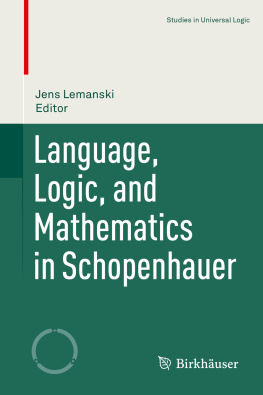

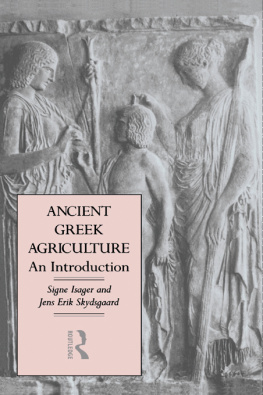
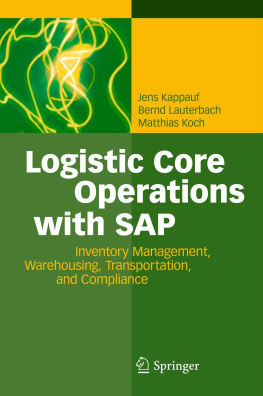
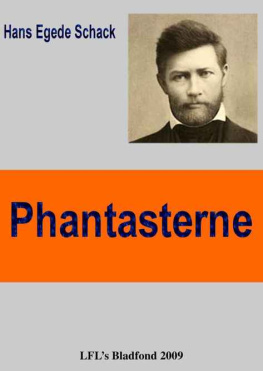
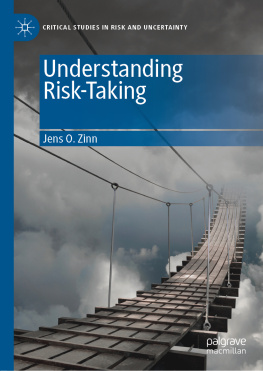
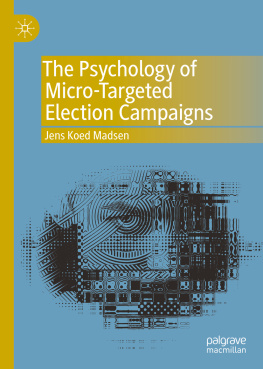
![Jens Gustedt [Jens Gustedt] - Modern C](/uploads/posts/book/146099/thumbs/jens-gustedt-jens-gustedt-modern-c.jpg)
